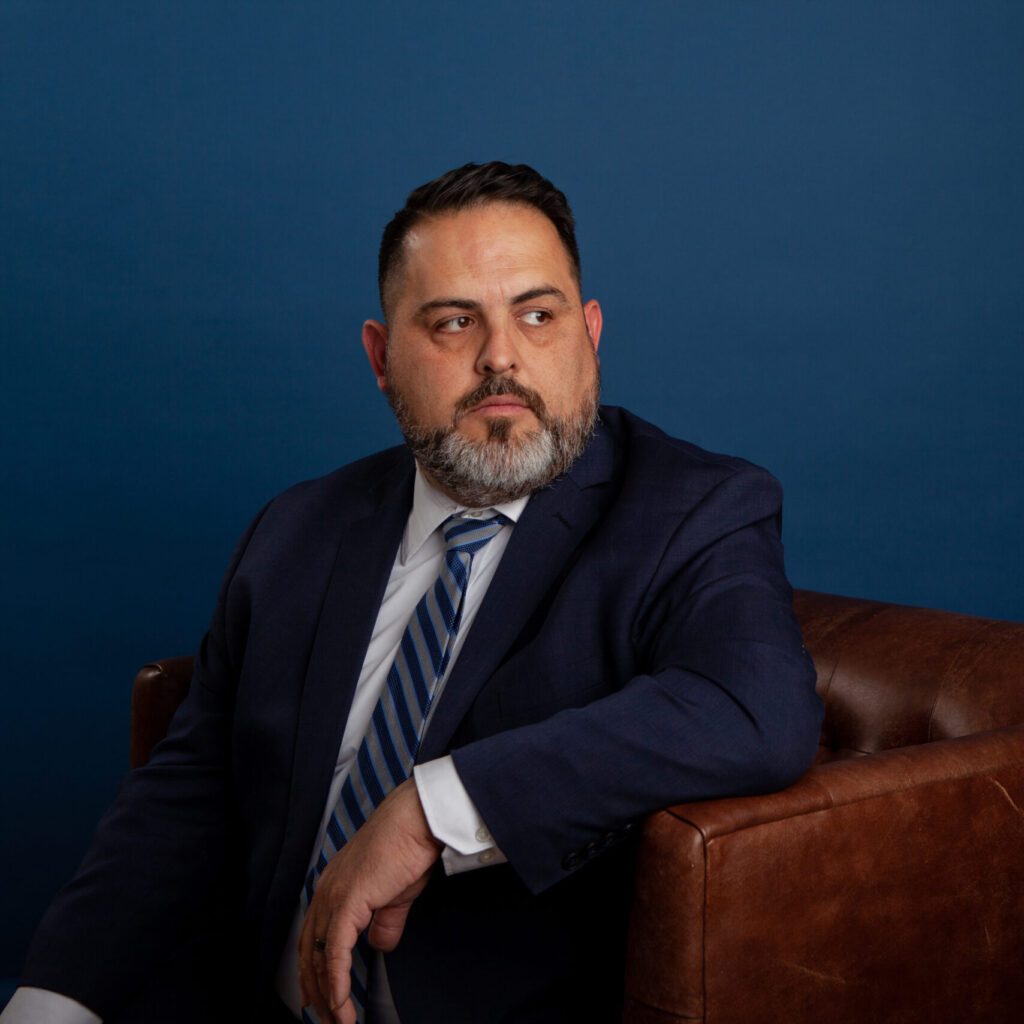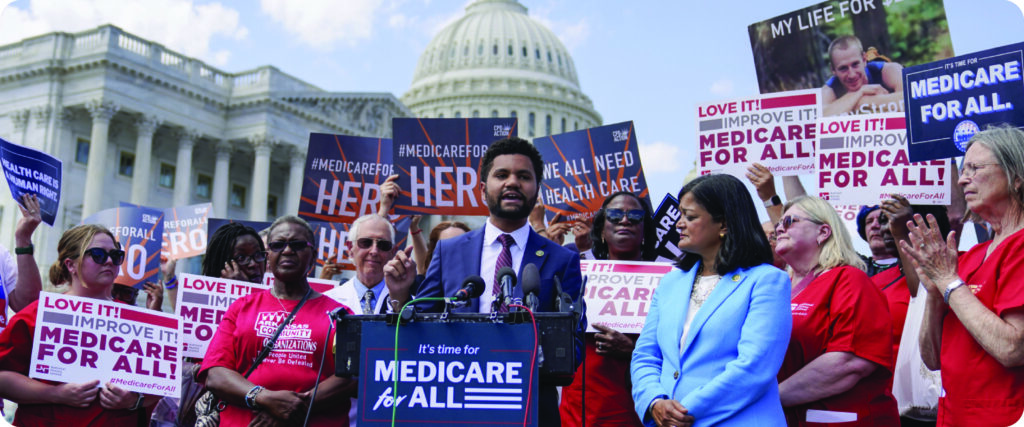By Chris Faddis
December 13, 2023
Death of Indi Gregory Reverberates Across the Globe
Expressions of heartbreak and sadness reverberate across the globe in the wake of the senseless death of baby Indi Gregory – an infant who died after government officials who control the United Kingdom’s National Health Service ignored the parents’ wishes and terminated the child’s life support.
Baby Indi suffered from a rare mitochondrial disease that inhibits the production of energy necessary for cells to function properly. The Queen’s Medical Centre in Nottingham, England advocated that Indi be removed from the systems that were sustaining the eight-month-old child. The parents disagreed. The NHS turned to courts and in October secured a judge’s ruling that she be removed from life support. Bambino Gesù, a Vatican-run pediatric hospital in Rome, offered to provide potentially life-saving treatment for Indi while Italian Prime Minister Giorgia Meloni made the extraordinary humanitarian gesture of extending Italian citizenship to Indi as a means of expediting the process.
Unmoved, and arguably unfeeling, the UK’s Royal Courts of Justice swept aside the parents’ wishes and the Vatican’s offer. It ordered Indi’s life-support system removed. The court ordered her to be moved under police escort to a hospice where she was deprived of life support ventilation on November 11. Indi died in excruciating pain on November 23.
Tragedy Highlights the Reality of Socialized Medicine
The tragedy of Indi’s senseless death shines a bright spotlight on the catastrophic reality of socialized medicine: Patient autonomy and parental rights are denied when it comes to the most important medical decisions, including life or death. Government-controlled healthcare means less patient choice and more political agendas. As we saw perfectly illustrated in this case, the NHS claimed that it was acting in “Indi’s best interests” in refusing her a chance at life, but the political reality is that it was always about maintaining government control.
Another inherent problem associated with socialized medicine is that it often results in a reduction in quality of care for patients. With patients and families eliminated from the decision-making process, it is government bureaucracy that determines everything including the level of care one receives, from whom the patient will receive care, when that medical attention will be administered, how long the patient will receive care and therefore when the patient should die!
Perhaps the best thing that can be said about socialized health care is that it works well as long as you never get sick. Forget routine care; wait times for medically necessary procedures under Canada’s failing system is a horror story. People are literally dying as they wait for months at a time. The queues are so long that they’re driving up Canada’s mortality rate. And in England last year, an estimated 20,695 people died while on the NHS wait list for treatment.
Despite the disastrous experience of nations that have adopted it, Democrat officials are holding up socialized healthcare as a model that America should embrace. Rep. Alexandra Ocasio-Cortez, for example, has advocated for a socialized “Medicare for All” program while Vice President Kamala Harris has proposed her own version of the scheme.
Patients Must Have the Right to Direct Their Own Care
But the case of Indi Gregory helps crystalize the essential principle that patients must have the right to make their own decisions about high-quality, comprehensive and ethical healthcare. That’s why free market alternatives such as health sharing ministries are more important now than ever before.
Health care sharing ministries such as Solidarity HealthShare are typically exempt from the federal mandates, including the individual mandate in the Affordable Care Act. Members do not have to fund unethical procedures that violate their consciences and their faith; and at the same time, they have access to care from their doctors of choice and are able to make their own health care decisions independent of government healthcare bureaucrats.
Forcing citizens to comply with government-mandated medical decisions that steamroll patient autonomy and parental rights – and erode quality healthcare – is unacceptable. While it’s too late to change the outcome of Indi’s tragic story, we can look to it as an example of how freedoms are lost when we surrender to government-run healthcare. The story of Indi Gregory should serve as a warning as we measure to what extent we will allow government control in American healthcare.
Read about how the tragic death of Indi Gregory underscores the need for healthcare freedom in the original article here.

Chris Faddis is president of Solidarity HealthShare, a healthcare sharing ministry guided by the moral teachings of the Catholic Church that negotiates directly with providers to ensure delivery of high-quality and affordable, life-affirming healthcare for the more than 46,000 Members it has served since 2016.


